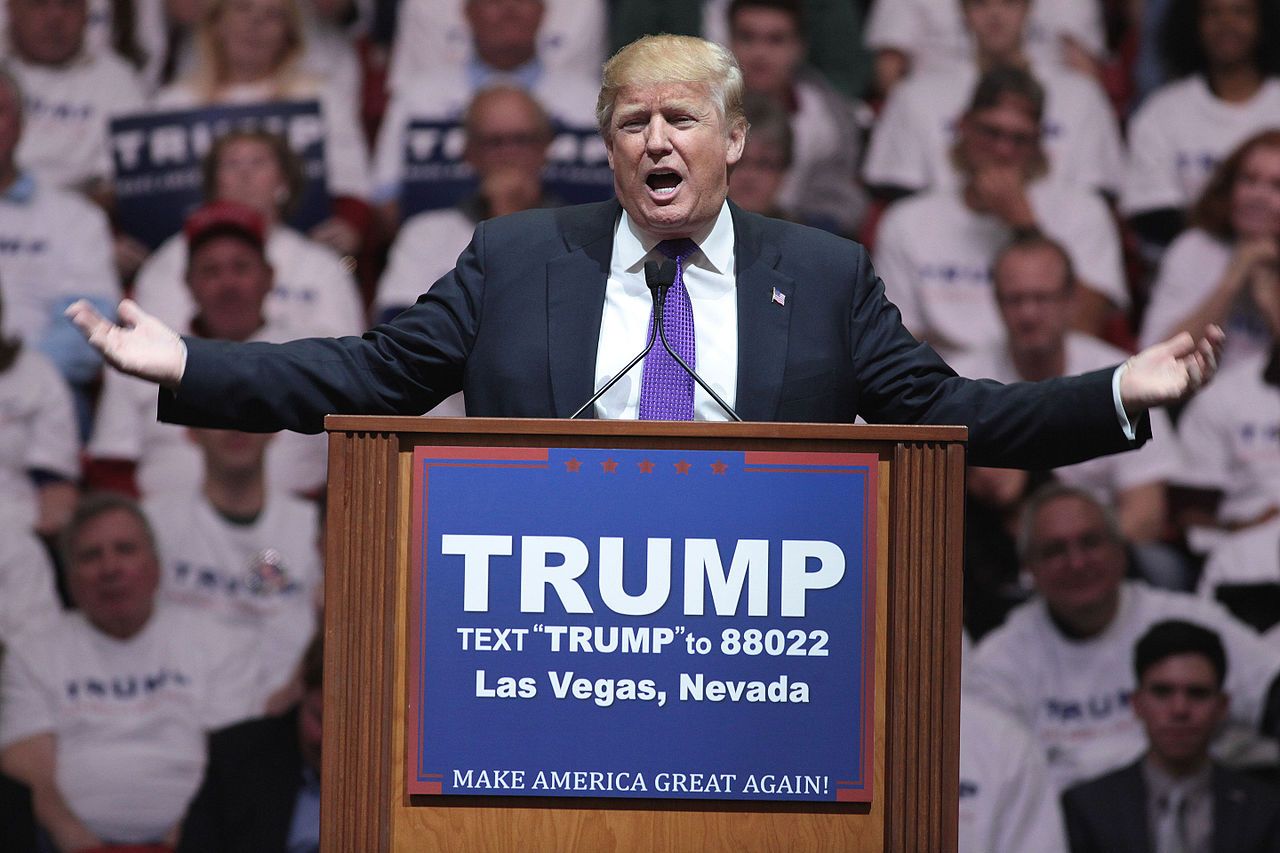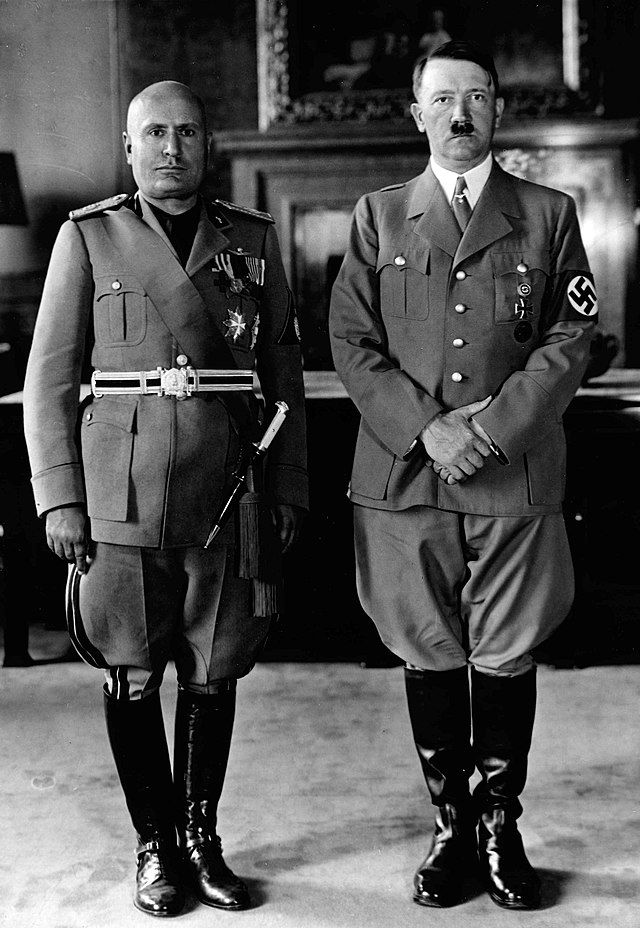By Marshall Curry
Seven years ago, I came across archival footage from a “Pro America Rally” that filled Madison Square Garden in 1939. In the black-and-white images, twenty thousand New Yorkers packed the arena, waving flags, singing the Star-Spangled Banner, and reciting the Pledge of Allegiance. But the cheerful displays of patriotism were laced with a malignancy: alongside a forty-foot portrait of George Washington hung two enormous swastikas.
The keynote speaker that night was Fritz Kuhn, the self-styled “American Fuehrer.” Hearing him call for a “white Gentile-ruled United States” and seeing thousands of Americans offer a straight-armed salute was disorienting and surreal -- like something from a fictional alternate history, where the Nazis defeated America.
I edited a short film from the footage, and we screened it around the country – at places like the Museum of Tolerance and the Museum of Jewish Heritage. We shared it on YouTube and social media, hoping it would be a sobering reminder that we Americans are not immune to the seduction of demagogues. At just seven minutes, it became one of the shortest documentaries ever to be nominated for an Oscar.
A couple weeks ago, I noticed a surprising spike in online activity around the film. It turned out Trump had announced he would be holding a rally at Madison Square Garden this Sunday, and a lot of people were drawing comparisons between the two events.
They pointed at the way Trump – like Kuhn – uses dark humor and the symbols of patriotism to whip up his followers against refugees, the press, and religious minorities.
It’s tempting to roll our eyes when liberals accuse Trump of flirting with fascism. But it’s harder to ignore when the warning comes from Trump’s own Republican allies who know him intimately.
General John Kelly, Trump’s longest-serving chief of staff, said that his former boss meets “the general definition of a fascist for sure.” General Mark Milley, Trump’s chairman of the Joint Chiefs of Staff, says the former President is “fascist to the core.” Republican stalwart and two-time Trump voter, Liz Cheney agrees. And even Mike Pence has refused to endorse Trump – think about that for a moment – in part because Trump put “himself over the Constitution.”
The comparisons with Kuhn aren’t just about Trump’s disregard for democracy. Lindsey Graham has called him a “race-baiting xenophobic religious bigot.” J.D. Vance wrote in a leaked message that he didn’t know whether Trump was “America’s Hitler” or just a “cynical asshole.”
Trump says that immigrants are “poisoning the blood of our country,” and it takes effort not to hear a resemblance between Trump’s call for a “total and complete ban” on Muslims entering the US and Kuhn’s call for an end to the “dumping” of (mostly Jewish) political refugees in 1939.
Trump and his campaign are stirring up religious conflict online as well. Numerous outlets reported last week that The Future Coalition PAC, funded by Elon Musk, is targeting Jewish voters with online ads that accuse Kamala Harris of being in the pocket of Palestine. And at the same time, they are targeting Muslim voters in Michigan with ads about Harris’ Jewish husband, accusing her of being in the pocket of Israel.
To be sure, there are antisemites infecting both the left and the right these days. But there’s one big difference: the antisemites on the left hate Kamala Harris and the Democratic party. The antisemites on the right, in contrast, love Donald Trump. They believe he speaks for them, and they’re emboldened when he refuses to condemn the Proud Boys or dines at Mar-a-Lago with Holocaust denier Nick Fuentes and Kanye West (“I’m going death con 3 on Jewish People”).
In the 1930s, there were many seemingly-normal New Yorkers who got swept up in Fritz Kuhn’s cult of victimhood and rage. And there were many enablers in mainstream politics and business who turned a blind eye to Kuhn’s transgressions because they saw potential benefit for themselves. But there were others who refused to go along.
In the middle of Kuhn’s speech at Madison Square Garden, a Jewish plumber’s assistant named Isadore Greenbaum ran out on stage to protest. A mob of brown-shirted storm troopers swarmed him, punching and kicking him, even ripping off his pants. In the footage, you can see the terror in Greenbaum’s face as he is beaten.
But years later, a reporter asked him why he did what he did. His answer was simple and direct – and a challenge worth asking ourselves today. He said, “Gee, what would you have done if you were in my place…?”
Marshall Curry is an Academy Award-winning filmmaker who has written and directed both fiction and documentary films. His 2017 short Oscar-nominated documentary, A Night At The Garden, was crafted entirely from archival footage and recounts a night in 1939 when 20,000 Americans filled Madison Square Garden for a Nazi rally. Curry has recently created and directed two films for Democracy2025, a project that shares the real-life stories of everyday Americans whose worlds have been impacted by life-altering events — from healthcare and reproductive rights, to infrastructure and veterans' care. Watch his films: Insulin Princess and The Act of Caring.












